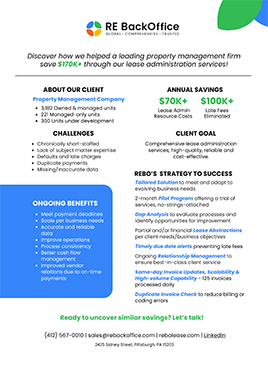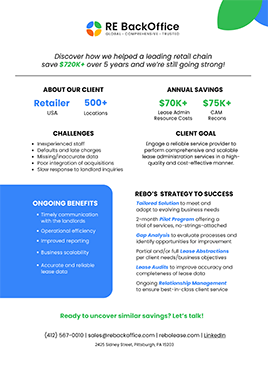
In the realm of commercial real estate leasing, various legal terms and obligations shape the dynamics between landlords and tenants. One such critical term is Yield Up Premises, often referred to as surrender obligations. This term encapsulates the tenant's responsibility to return the leased property to the landlord in a specified condition at the end of the lease term. Let's delve deeper into what Yield Up Premises entail, their legal implications, and practical considerations for both parties involved.
Definition of Yield Up Premises
Yield Up Premises, or surrender obligations, represent a crucial aspect of lease agreements in commercial real estate. It outlines the conditions under which tenants must return the leased property to the landlord at the lease's conclusion. Typically, this obligation includes restoring the premises to a predefined state, ensuring it meets certain standards of cleanliness, repair, and maintenance. These standards are often detailed in the lease agreement, outlining specific requirements that tenants must fulfill to satisfy their Yield Up obligations.
Legal Implications and Contractual Obligations
From a legal standpoint, Yield Up Premises clauses are enforceable terms within lease agreements. They establish clear guidelines regarding the condition in which the leased property should be returned. Landlords include these clauses to protect their property investment and ensure that it remains marketable for subsequent leases or sale. For tenants, understanding and complying with Yield Up obligations are essential to avoid disputes and potential financial liabilities upon lease termination.
Maintenance and Repair Responsibilities
Throughout the lease term, tenants are generally responsible for maintaining the leased premises according to agreed-upon standards. However, Yield Up obligations go beyond regular maintenance. They often require tenants to undertake specific repairs and renovations to ensure the property's condition meets the landlord's expectations at lease end. This may include tasks such as repainting walls, repairing fixtures, replacing flooring, and addressing any structural issues that may have arisen during the tenancy.
Condition of Premises at Lease Termination
At the conclusion of the lease term, tenants must return the premises in a condition that aligns with the lease agreement's Yield Up clause. This typically involves thorough cleaning, removal of any tenant-installed improvements not permitted to remain, and restoration of the property to its original state, barring reasonable wear and tear. Landlords may conduct inspections to assess whether tenants have met these obligations and may require remedial action if discrepancies are found.
Negotiation and Amendments
Like other terms in a lease agreement, Yield Up Premises clauses are negotiable between landlords and tenants. During lease negotiations, both parties may discuss and modify the specifics of surrender obligations to better align with their respective needs and expectations. For tenants, negotiating reasonable terms regarding the extent of restoration required can mitigate potential financial burdens at lease end. Landlords, on the other hand, may seek to ensure comprehensive Yield Up provisions that protect their property's value and marketability.
Common Disputes and Resolutions
Disputes related to Yield Up obligations often arise due to differing interpretations of lease terms or disagreements over the property's condition at lease termination. Tenants may dispute the extent of repairs required, arguing against charges levied by landlords for perceived deficiencies. Resolving such disputes typically involves referencing the lease agreement, conducting inspections with both parties present, and possibly seeking mediation or legal recourse to reach a satisfactory resolution.
Importance of Professional Advice
Given the intricacies involved in Yield Up Premises clauses, seeking advice from legal professionals specializing in real estate law is highly advisable for both landlords and tenants. Legal experts can provide guidance on interpreting lease terms, negotiating favorable terms, and ensuring compliance with legal obligations. This proactive approach can help mitigate potential disputes and financial liabilities associated with Yield Up obligations, safeguarding the interests of all parties involved in commercial lease agreements.
Yield Up Premises clauses play a pivotal role in commercial real estate leasing, outlining tenants' responsibilities to return leased properties in specified conditions at lease termination. These obligations are legally enforceable and crucial for maintaining property value and marketability. By understanding and proactively addressing Yield Up requirements, landlords and tenants can foster clearer lease agreements, mitigate disputes, and ensure smoother transitions at lease conclusion.


